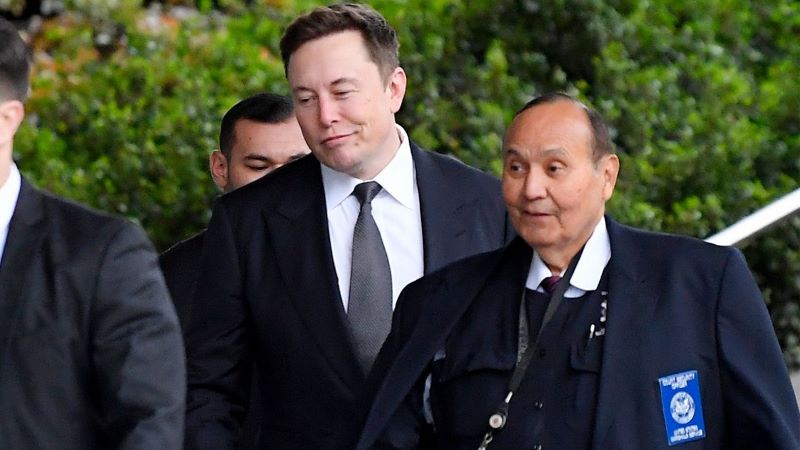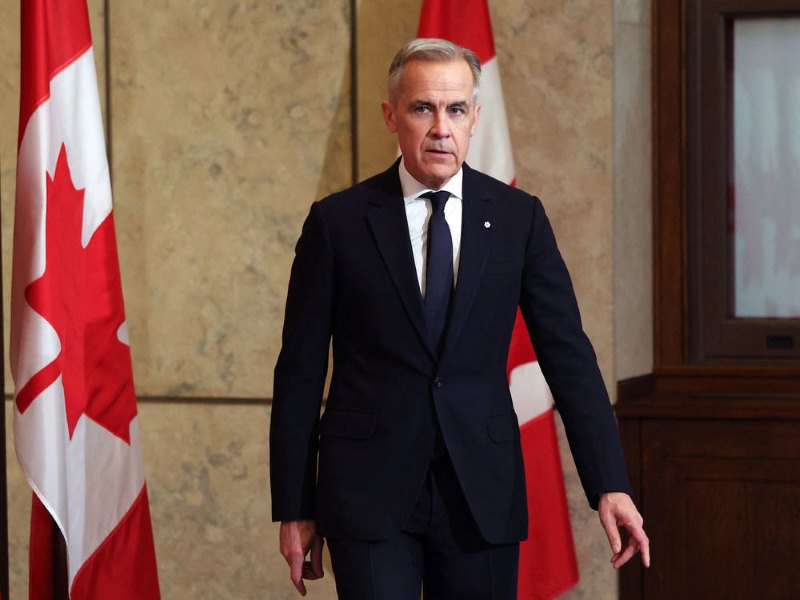In response to U.S. President Donald Trump’s automobile tariffs, Canadian Prime Minister Mark Carney declared a 25% counter-tariff on U.S.-made vehicles that fail to meet the U.S.-Mexico-Canada trade agreement. This announcement came on Thursday, marking a significant escalation in trade tensions between the two countries.
Details of the Counter-Tariff
The new tariff will specifically target finished vehicles, excluding components sourced from Mexico. Carney estimated that this levy could generate up to 8 billion Canadian dollars (approximately $5.62 billion), funds that will be allocated to support workers and businesses affected by Trump’s tariffs.
Exemption for Mexican Vehicles and Auto Parts
Carney clarified that vehicles from Mexico remain exempt from the new tariff, as per the existing trade agreement. Furthermore, Ottawa will not impose duties on auto parts, recognizing their critical role in the North American supply chain. This move ensures seamless trade between Canada, the U.S., and Mexico. Ultimately, it supports economic cooperation and industry stability across North America.
Retaliatory Measures Following U.S. Tariffs
This action follows Canada’s retaliatory measures against U.S. tariffs on imports like steel and aluminum. However, Trump had previously hinted at a 25% tariff. Nonetheless, the latest U.S. proposal excluded this levy, thus offering temporary relief. Consequently, Canadian officials welcomed the reduced threat of further tariffs.

Federal Judge Halts Efforts to Dismantle USAID Criticizes Musk’s Role
On Tuesday, a federal judge ruled that the U.S. Department of Government Efficiency’s (DOGE) attempt to dismantle the U.S…
Canada’s Ongoing Tariffs on U.S. Goods
Canada has already imposed 25% tariffs on over $40 billion worth of U.S. products, with Carney confirming these duties will remain in place. This continued trade pressure reflects Canada’s ongoing response to U.S. tariff policies.
Impact on the Canadian Auto Industry
The immediate impact of Trump’s tariffs on foreign-made vehicles has been felt in Canada, where Stellantis, the parent company of Jeep, temporarily halted production at its Windsor, Ontario assembly plant. This suspension affected over 3,000 workers, prompting Carney to express solidarity with those impacted by the U.S. tariffs.
Strategic Response to Trump’s Tariff Policies
Carney emphasized Canada’s strategy to target U.S.-made vehicles, countering Trump’s tariff policies. Under Trudeau, Canada prepared tariffs. These tariffs, aimed at over $100 billion in U.S. imports, were never implemented. The decision reflects Canada’s proactive approach to trade negotiations.
Carney’s Dialogue with Trump
Carney suggested his talks with Trump may have prevented further tariffs. Additionally, Canada secured “the best deal.” Consequently, the partial relief acknowledged the strong economic ties between Canada and the U.S. Therefore, the deal reflects a significant diplomatic achievement.


